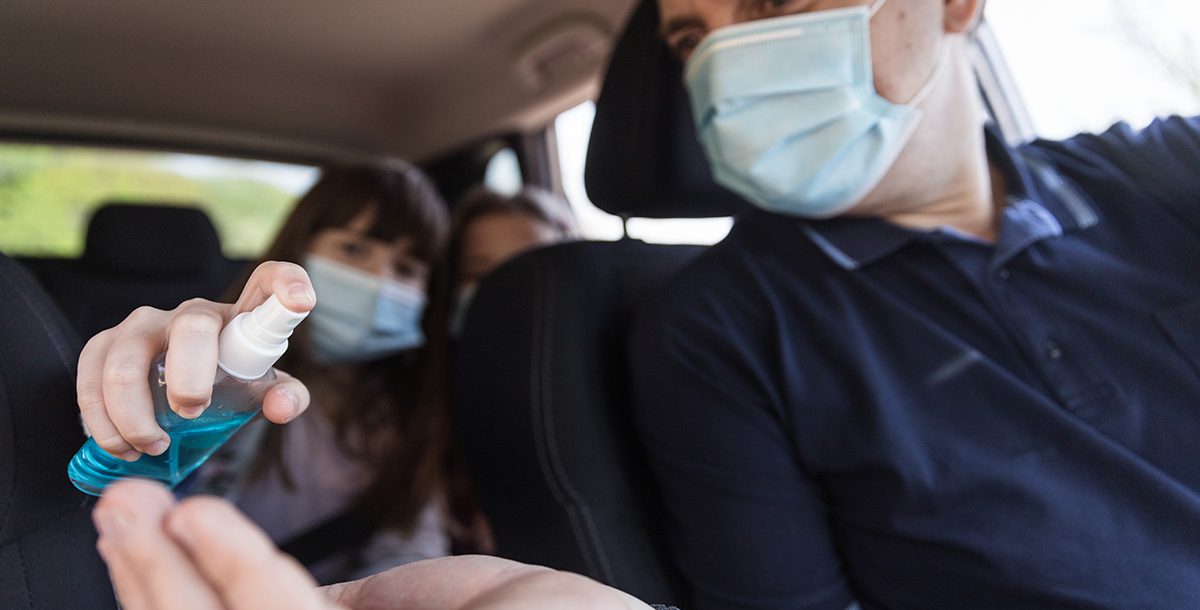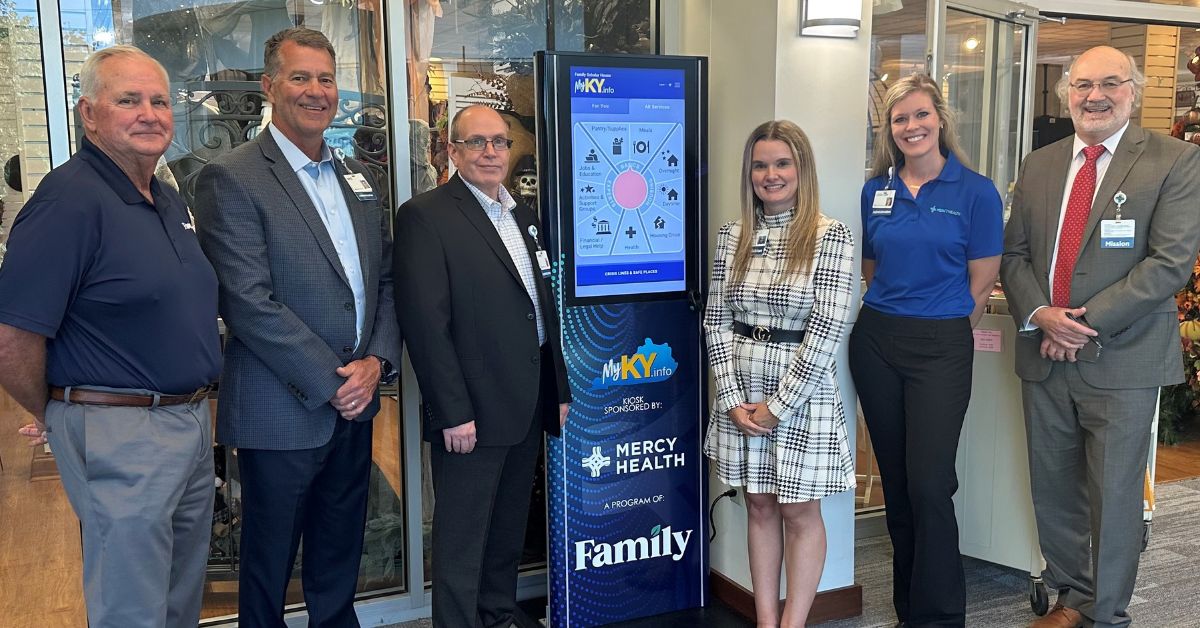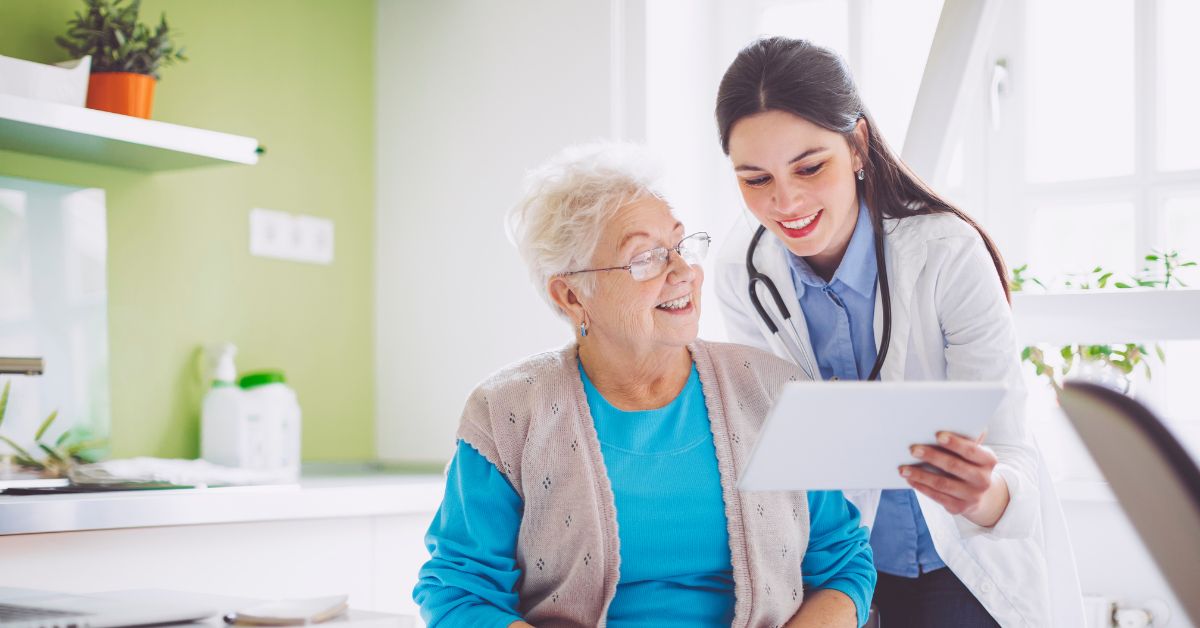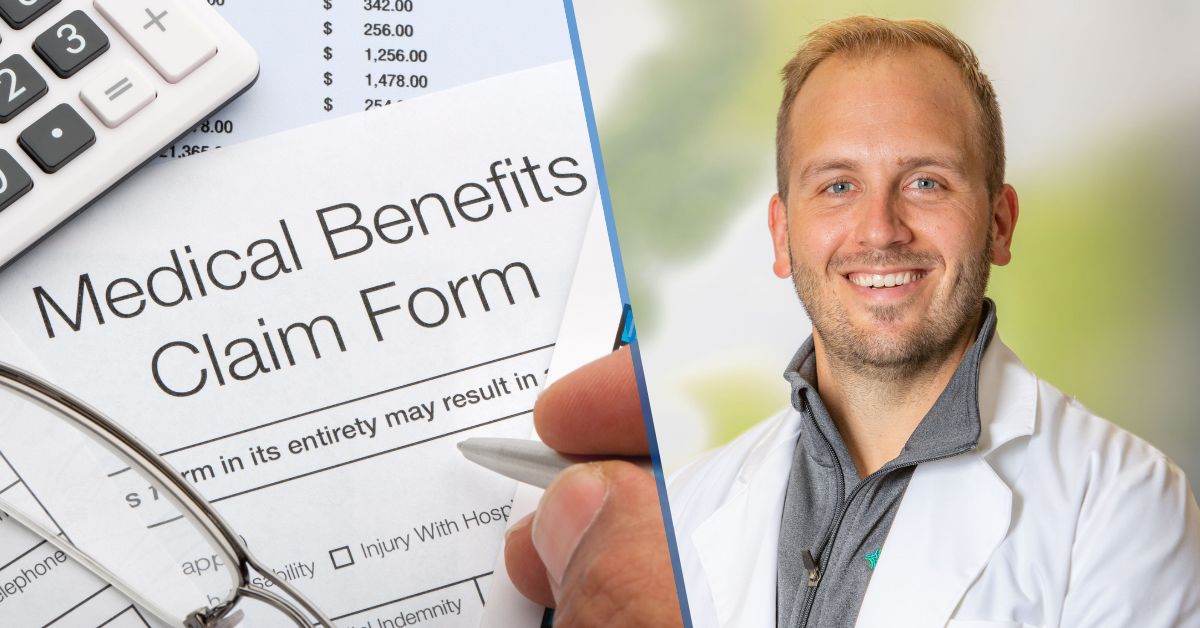As we work to stop the spread of COVID-19 itself, we also need to work hard to stop the spread of rumors about this virus. Becoming educated on the facts of COVID-19 is one of the best ways we can come together and fight it.
The following is important information about COVID-19 that the Centers for Disease Control and Prevention (CDC) would like everyone to know.
Ethnicity and race play no factor in terms of who gets sick from COVID-19.
Anxiety fueled by rumors about COVID-19 can cause people to avoid certain individuals. However, the truth is that everyone is at equal risk of becoming sick from COVID-19, regardless of their race or ethnicity.
The risk of becoming seriously ill from COVID-19 is thought to be low for most people.
While everyone is at risk for contracting COVID-19, the risk of serious complications for most is thought to be low.
However, this is not true for older adults, as well as anyone with an underlying medical condition. These individuals are at high risk with this virus and should be staying away from others as much as possible during this time.
People who have finished quarantine or have been released from isolation are not able to infect others.
This is true if the individual has completed their quarantine or isolation correctly.
Keeping yourself healthy is the best way to stop COVID-19.
Here are the action items you should be taking on a daily basis.
- Washing your hands properly, especially after sneezing, coughing or blowing your nose.
- Not touching your mouth, nose, eyes or face with dirty hands.
- Covering all coughs and sneezes with a tissue or the inside of your elbow.
- Staying home and away from others when you’re not feeling well.
Knowing the signs and symptoms of COVID-19 can also help stop this virus.
They include fever, cough and shortness of breath, among others. If you are experiencing any COVID-19 symptoms, isolate from others immediately.
Be sure to contact your primary care provider if you develop symptoms AND have been near someone with a known COVID-19 infection or have recently traveled to an area with many COVID-19 cases.
Check out the CDC’s website for the most up-to-date information.
Stay updated on what Mercy Health is doing related to COVID-19.






